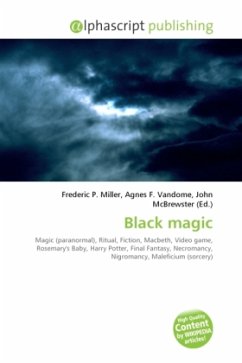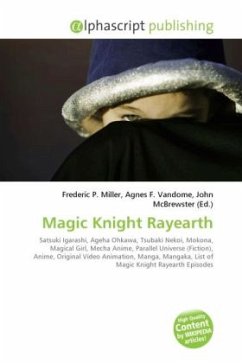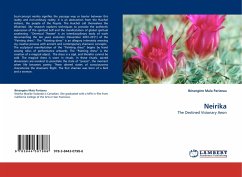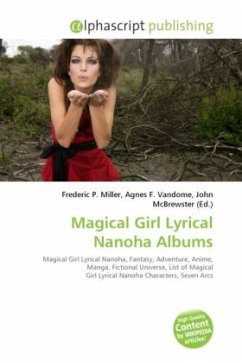Black magic, or commonly referred to as dark magic, is the belief of practices of sorcery that draws on assumed malevolent powers. This type of magic is invoked when wishing to kill, steal, injure, cause misfortune or destruction, or for personal gain without regard to harmful consequences to others. As a term, "black magic" is normally used by those that do not approve of its uses, commonly in a ritualistic setting. The argument of "magic having no colour, and it is merely the application and use by its user," backs the claim that not everything that is termed as "black magic" has malevolent intentions behind it, and some would consider it to have beneficial and benevolent uses. These uses would include the like of killing of diseases or pests. Practitioners that utilise magic in this way argue that the effect itself is malevolent by causing death (with the above example) to insects, but as an indirect consequence of black magic, good can be a result, such as in the form of lesspests around, etc. In this school of thought, there is no separation between benevolent and malevolent magic because there is no universal morality against which magic can be measured.
Bitte wählen Sie Ihr Anliegen aus.
Rechnungen
Retourenschein anfordern
Bestellstatus
Storno








